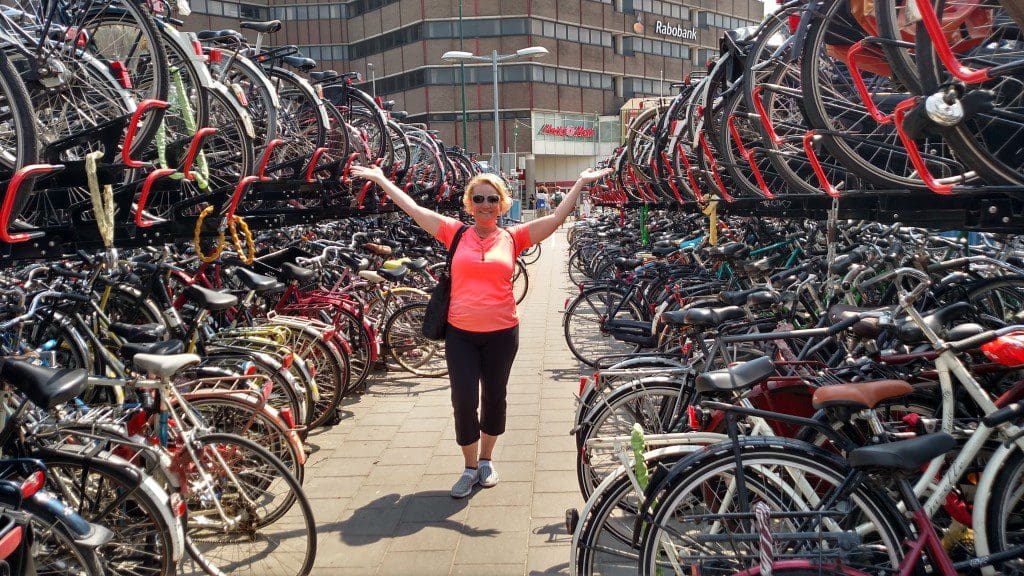 Europe is a rich tapestry of ancient history, vibrant culture, and scenic beauty. Each country, and indeed even regions within a country, have unique traditions, foods and lifestyles, so it would be wrong to make sweeping generalizations, but I think it’s fair to say that the bike culture in Europe is very strong and growing. And I find that inspiring!
Europe is a rich tapestry of ancient history, vibrant culture, and scenic beauty. Each country, and indeed even regions within a country, have unique traditions, foods and lifestyles, so it would be wrong to make sweeping generalizations, but I think it’s fair to say that the bike culture in Europe is very strong and growing. And I find that inspiring!
I just returned from two weeks in Europe – specifically Denmark and Benelux (Belgium, Netherlands, and Luxembourg). My companion was Todd (aka Mr. Travel Maestro) who is my significant other, favorite travel mate and cycling partner. Although we cycle regularly at home, this trip was all about visiting friends and seeing the sights, so we didn’t plan any ride time while traveling. As it turns out, we were in the top three most bicycle-friendly cities on the planet and at times it seemed that we were the only ones not on a bike!
Copenhagen’s Bike Culture
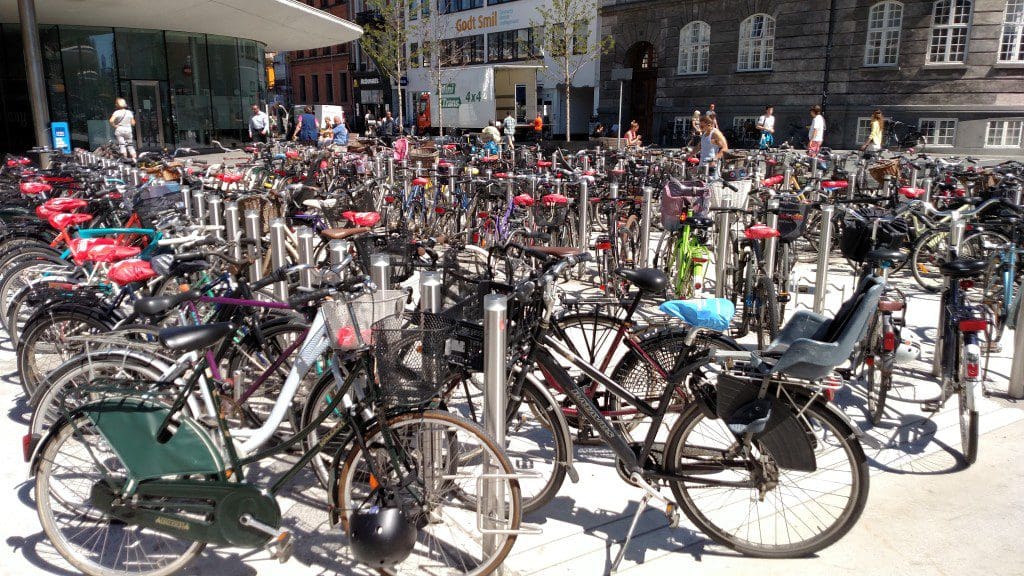
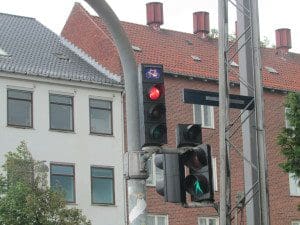
We began our trip in Copenhagen, the #1 bike-friendly city in the world, where 45% of the residents use two-wheeled transport. I was simply amazed at the cycling infrastructure. Copenhagen has protected, one-way bike lanes that aren’t shared by vehicles or pedestrians running adjacent to virtually every road. These bike lanes have their own turn lanes and bike stop lights. Automobiles (and pedestrians) yield the right of way to bikes.
We spent a week exploring Denmark (more on that in the near future!) and were fascinated to find that the bike culture extends far beyond Copenhagen city limits. Even the smallest villages and country roads had dedicated bike lanes and people of all ages using them.
“Plenty of research shows the social, economic, environmental, and health benefits of urban cycling. Studies from Denmark say that for every kilometer cycled, society enjoys a net profit of 23 cents, whereas for every kilometer driven by car we suffer a net loss of 16 cents.”1 Other studies repeatedly rank the Danes as the happiest people on Earth. Coincidence?
Bike Culture in Amsterdam
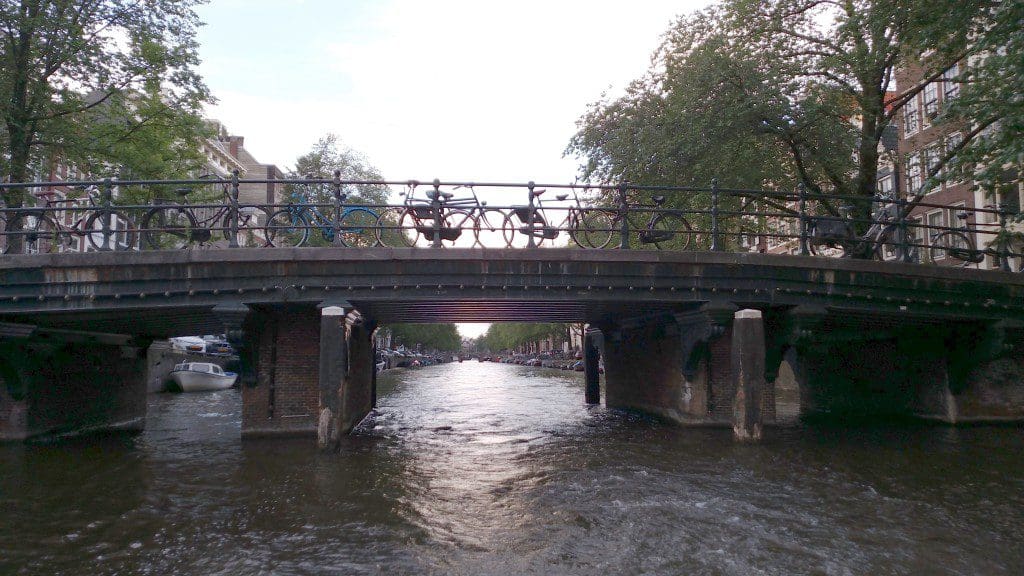 Next we went to Amsterdam (more on that in the near future, too!), which just happens to be the #2 bike-friendly city in the world. I must say, the cyclists were a little less attendant to bike lanes, traffic lights and pedestrians in Amsterdam, but the bike culture was no less dedicated.
Next we went to Amsterdam (more on that in the near future, too!), which just happens to be the #2 bike-friendly city in the world. I must say, the cyclists were a little less attendant to bike lanes, traffic lights and pedestrians in Amsterdam, but the bike culture was no less dedicated.
We saw parents cycling with toddlers seated behind and on the handlebars (which looked dangerous and difficult to steer to me!) or taxiing the kids in a front-mounted work-bucket-turned-chariot. We saw girls sitting side-saddle on the freight rack behind young men, women pedaling in skirts and pearls carrying shopping bags, and men in suits with brief cases pedaling to work. We even saw bike limos where everyone pedals!
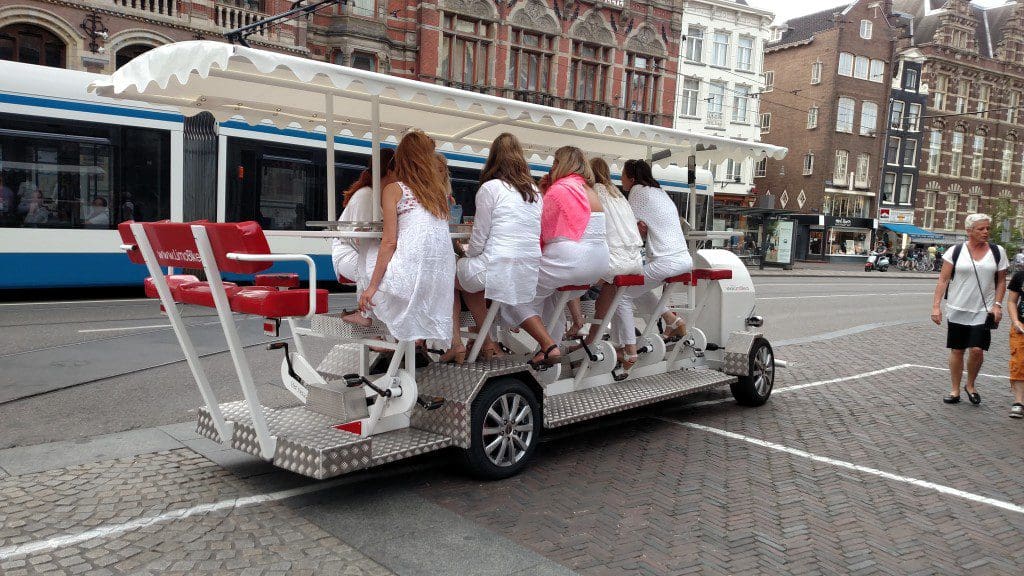
I was surprised to see very few helmets worn and about every fifth person was texting or talking on their mobile as they pedaled nonchalantly along the bike lane. Since the bike culture is so predominant, there is a general perception that cycling is safe. I would never dream of riding without a helmet at home and am on constant watch for drivers who don’t respect “Share the Road.”
Tour de France Grand Depart
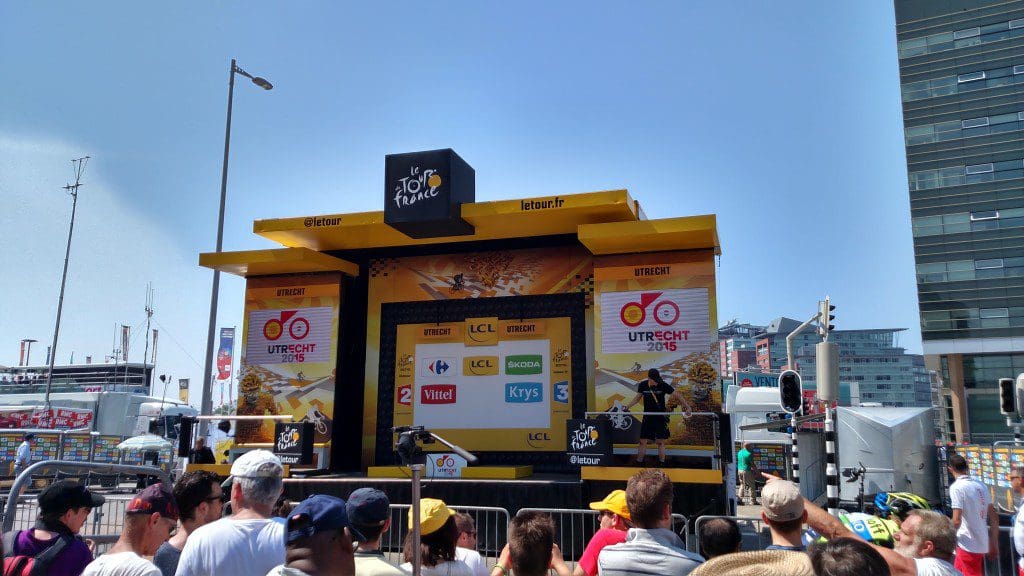
Our next stop was the charming medieval town of Utrecht, Netherlands – you guessed it, the #3 most bike-friendly city in the world. To illustrate its dedication to the bike culture, Utrecht is currently constructing the world’s largest bike garage, with 12,500 spaces. Our motivation to visit Utrecht was to attend the Grand Depart (Stage 1) of the 2015 Tour de France.
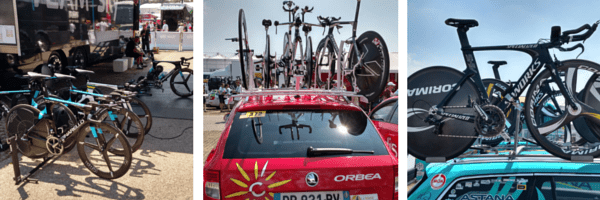 Our experience was, as Todd said, “A bike nerd’s wildest dream.” At the starting point of the 15 kilometer time trial route, we ogled the team buses, support cars, and all of the fine cycling equipment that pro-riders have at their disposal. At the finish line, the podium stood ready for the first yellow jersey winner of 2015.
Our experience was, as Todd said, “A bike nerd’s wildest dream.” At the starting point of the 15 kilometer time trial route, we ogled the team buses, support cars, and all of the fine cycling equipment that pro-riders have at their disposal. At the finish line, the podium stood ready for the first yellow jersey winner of 2015.
We saw some of the athletes zip by from the edge of the race route, then watched more from one of the multiple viewing areas with shaded seating, food vendors, and huge screens showing the live television feed. The air was electric with excitement and anticipation for the grueling 21-stage race.
A Developing Bike Culture in the U.S.
The bike culture in Denmark and the Netherlands has developed and evolved over seven or eight decades. They have motivation (the high cost of automobile fuel), social acceptance (evidenced by the array of lifestyles using bikes), bike facilities (dedicated bike lanes, parking, etc.), and serious advocacy (traffic laws and political support).
The bike culture in the U.S. is very far from that, but moving slowly toward advocacy. Minneapolis ranks top in the most bike-friendly cities in the U.S., followed by San Francisco and Portland. Americans are realizing that biking contributes to a healthy lifestyle and reduces the cost of commuting. On-street bikeways, off-street trails and bike-sharing programs are being developed throughout the nation.
 In Virginia, the Capitol Trail is a 52-mile dedicated, paved pedestrian and bike path that when complete will connect the current and historic capitals of Richmond and Jamestown along scenic Route 5. The grand opening of the Virginia Capitol Trail will take place in Richmond on October 2, 2015.
In Virginia, the Capitol Trail is a 52-mile dedicated, paved pedestrian and bike path that when complete will connect the current and historic capitals of Richmond and Jamestown along scenic Route 5. The grand opening of the Virginia Capitol Trail will take place in Richmond on October 2, 2015.
This year, Richmond, Virginia was chosen to host the UCI Road World Championships (Worlds) September 19-27, 2015. Worlds is one of the premier global sporting events that will draw 1,000 of the world’s top cyclist from 75 countries, 450,000 spectators and a TV audience of 300 million. Hosting this huge event is a massive commitment and a strong statement of bike culture advocacy by the city of Richmond. I hope you’ll join us in supporting this exciting event. You might consider riding your bike, as traffic and parking may be difficult.
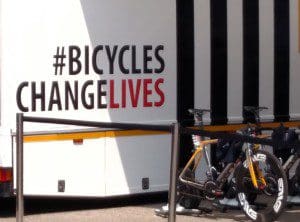 Finally, I’d be remiss if I didn’t mention biking vacations. Specialized tour operators offer escorted biking trips that include premium equipment, deluxe accommodations, gourmet meals, a ride-along guide and support vehicle. You’ll enjoy stopping at interesting points along the way and engaging with the local culture. By traveling slowly, you can really appreciate the scenery and the company. Biking trips are available throughout Europe and the U.S. They are rated by difficulty and each day will have mileage options, so there is a biking trip for nearly every level of fitness. It can be a romantic trip for couples, a boding trip for families or a self-empowering trip for solo travelers.
Finally, I’d be remiss if I didn’t mention biking vacations. Specialized tour operators offer escorted biking trips that include premium equipment, deluxe accommodations, gourmet meals, a ride-along guide and support vehicle. You’ll enjoy stopping at interesting points along the way and engaging with the local culture. By traveling slowly, you can really appreciate the scenery and the company. Biking trips are available throughout Europe and the U.S. They are rated by difficulty and each day will have mileage options, so there is a biking trip for nearly every level of fitness. It can be a romantic trip for couples, a boding trip for families or a self-empowering trip for solo travelers.
If you’re ready to embrace the bike culture with a biking vacation, contact Covington’s active travel specialists. Or just hop on your bike and ride!


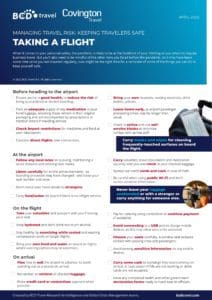


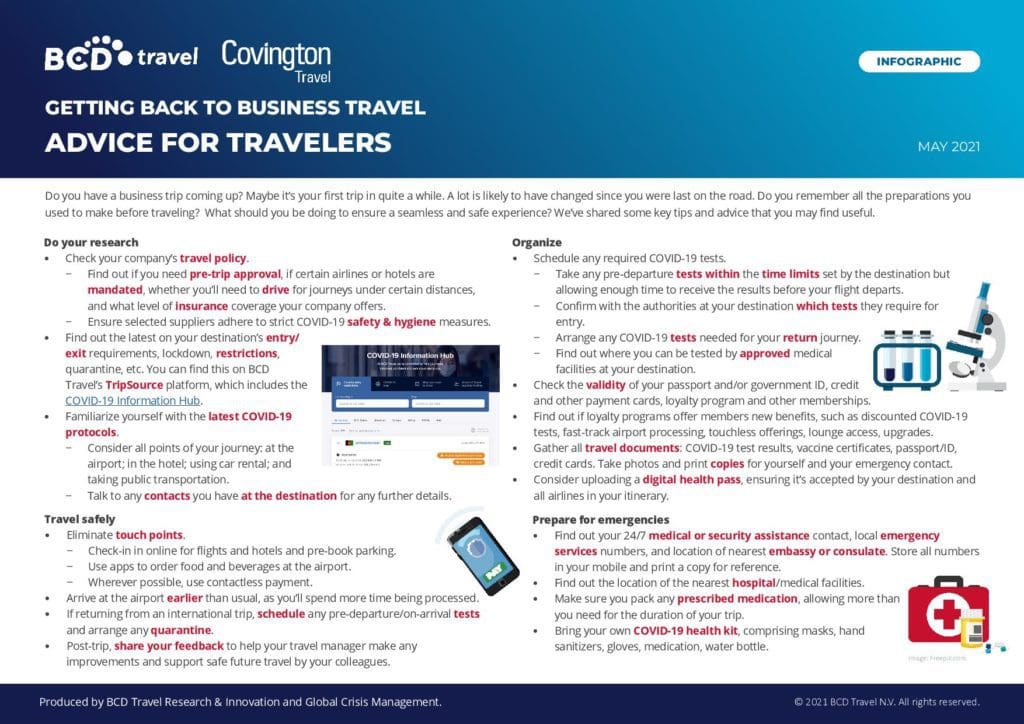
Translation: A survey carried out in Denmark was able to prove that, for every kilometer pedaled, 23 cents return to the city, while the same distance traveled by a car costs 16 cents in savings. This makes it clear that investing in infrastructure for bicycles could end up generating good results for the region’s economy as well.
Thank you for sharing the results of this study. Cycling is a win/win for cities and people!